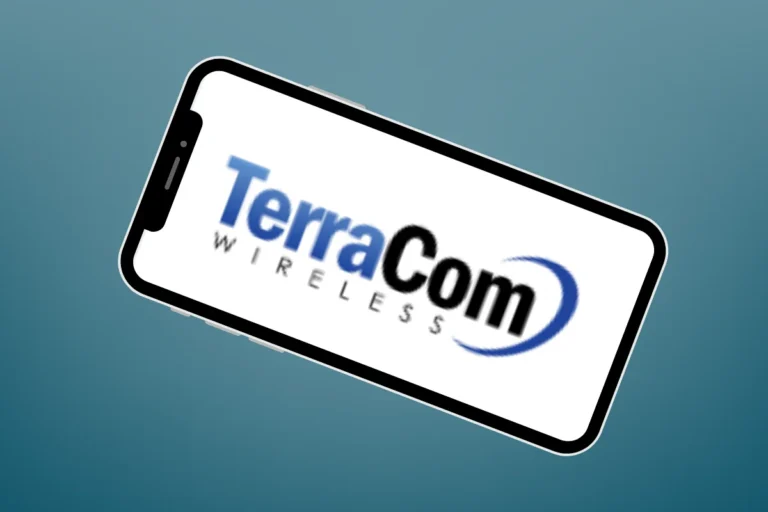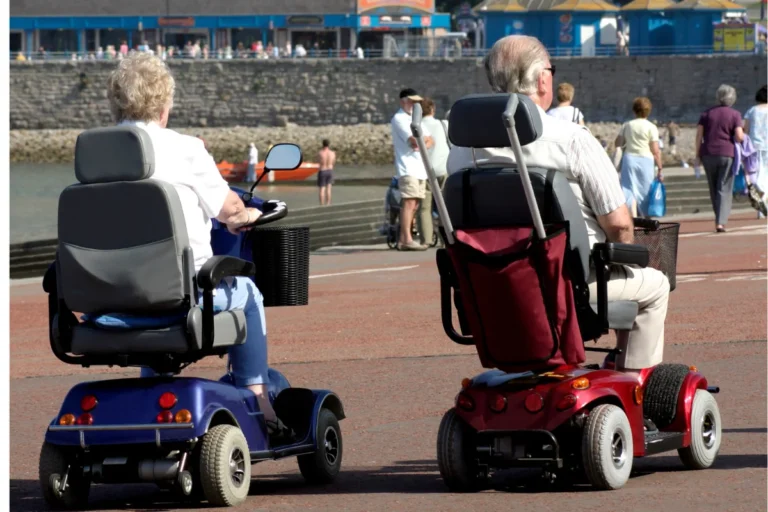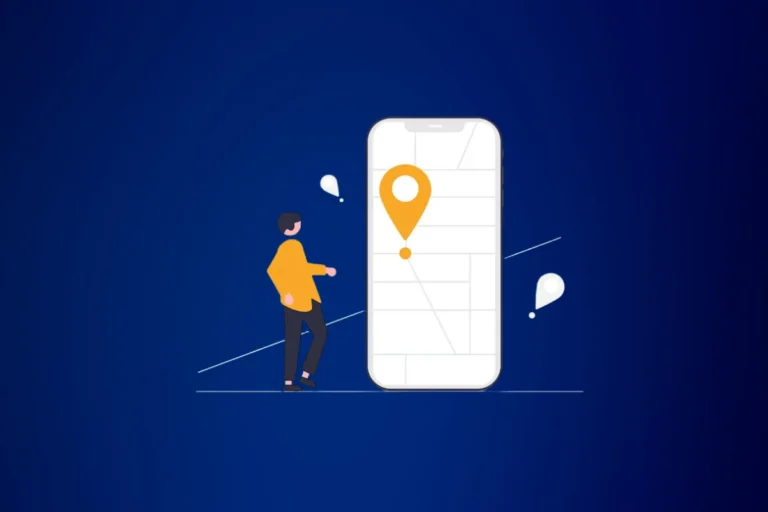Free Government Hearing Aids (Accessible Solutions for All)
Hearing loss is a common health problem that affects the lives of millions of people in the world. For many individuals, hearing aids are essential devices that significantly improve their quality of life. However, the cost of hearing aids can be a significant barrier for seniors and low-income individuals. That limits their access to this life-changing technology. Fortunately, various government programs, grants, and organizations offer free hearing aids. Additionally, they also provide financial assistance and support to help those in need. In this article, we will examine the options available for obtaining Free Government Hearing Aids. Moreover, the article also addresses common questions related to eligibility and application procedures.
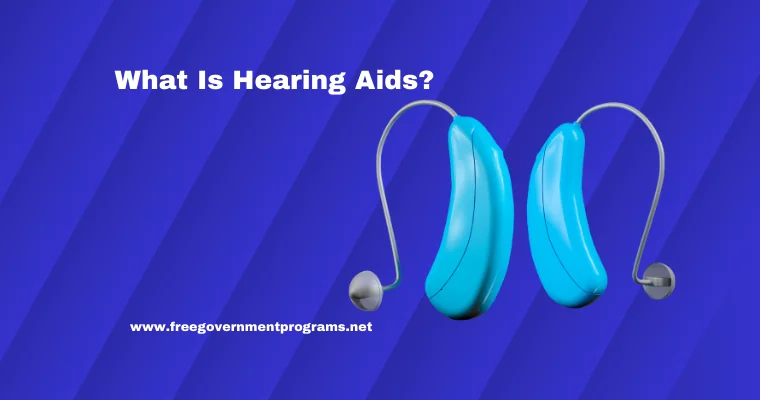
What Is Hearing Aids?
Hearing aids are little electronic devices. They are designed to enhance the hearing of individuals experiencing hearing loss. Amplification makes sounds clearer and louder for the user. Hearing aids include a microphone to pick up sounds and an amplifier to increase sound levels. Moreover, a speaker delivers the amplified sound into the ear and a power source, usually a battery.
Modern hearing aids, which can be customized to an individual’s specific hearing needs, are highly sophisticated. Users can have them filter out background noise or focus on specific frequencies. That enhances their ability to hear and understand speech more effectively. Hearing aids come in different sizes, some fitting inside the ear canal and others worn behind the ear.
Multiple Awesome Features Of Hearing Aids:
Hearing aids come in various styles and with different features. It features rechargeable batteries, wireless connectivity, and noise-reduction capabilities. Audiologists or hearing specialists prescribe and set these devices.
The Impact Of Hearing Loss:
Hearing loss is not just an inconvenience; it can have a profound impact on a person’s life. It can lead to social isolation, depression, and reduced cognitive function. Social interaction and communication with loved ones become increasingly difficult. That can lead to a decline in overall well-being.
Here are some key areas where hearing loss can have a significant impact:
- Mental Health:
Hearing loss is associated with a higher risk of depression and anxiety. The frustration and isolation that often accompany hearing loss can take a toll on mental well-being.
- Work and Education:
Hearing loss can impact job performance and educational success. It may limit career opportunities and educational achievements. In some cases, it can lead to unemployment or early retirement.
- Quality of Life:
Ultimately, hearing loss affects an individual’s overall quality of life. It can lead to a sense of disconnection from the world and a reduced ability to engage in daily activities and enjoy life to the fullest.
Recognizing the impact of hearing loss is essential in promoting early diagnosis and intervention. Fortunately, hearing aids and assistive technologies can significantly improve the quality of life for individuals with hearing loss. That helps them to regain their ability to communicate, socialize, and participate in various aspects of life.
Government Program For Free Hearing Aids
Several government programs offer free hearing aids or financial assistance for hearing aids. These programs are designed to ensure that individuals with hearing loss can access the necessary technology. The purpose is to improve their quality of life. Some notable government programs include:
- Medicaid:
Medicaid provides hearing aids to eligible individuals in many states. Qualification criteria and coverage vary by state, so it’s essential to check your state’s specific guidelines.
- The Older Americans Act:
It is a federal program that offers support for older adults and may include funding for hearing healthcare services. It includes hearing aids.
- Children’s Health Insurance Program (CHIP):
CHIP provides health coverage for children in low-income families and includes coverage for hearing aids.
- Vocational Rehabilitation Services:
These state-funded programs help individuals with disabilities, including hearing impairment, enter or return to the workforce. They may provide funding for hearing aids.
- Veterans Affairs (VA):
The VA offers comprehensive hearing healthcare services, including hearing aids, to eligible veterans.
Organizations That Help with Hearing Aids:
Many organizations are devoted to assisting individuals in accessing hearing aids and hearing healthcare services. Some of these organizations include:
- Lions Clubs:
Lions Clubs International is known for its commitment to vision and hearing health. They run programs to provide free or low-cost hearing aids to those in need. Additionally, they often collaborate with hearing professionals to identify eligible recipients.
- Starkey Hearing Foundation:
The non-profit organization focuses on providing hearing healthcare to individuals in underserved communities worldwide. They offer free hearing aids to those who cannot afford them. Further, they often organize clinics and events where they distribute free hearing aids.
- Miracle-Ear Foundation:
The Miracle-Ear Foundation is dedicated to providing hearing aids to those who are financially disadvantaged. They partner with local Miracle-Ear centers to offer assistance.
- Sertoma:
Sertoma is a national non-profit organization dedicated to hearing health and speech communication. They offer grants to help individuals obtain hearing aids.
- Hearing Loss Association of America:
HLAA provides information and resources on hearing loss, including assistance programs and funding options.
- Audiologists and Hearing Specialists:
Hearing professionals may be aware of local or national programs that offer free or low-cost hearing aids. They can guide you to resources and help you understand the process.
- Local Hearing Health Events:
Many communities host hearing health events and screenings, especially during awareness months like Better Hearing and Speech Month. These events often include free or low-cost hearing tests and can connect individuals with resources. It aims to obtain free or affordable hearing aids.
Other Non-profit Organizations:
Various other non-profit organizations across the country also have initiatives to provide free or low-cost hearing aids to low-income individuals. These organizations may partner with hearing professionals or run independent programs.
Grants For Hearing-Impaired Adults:
Grants for deaf and hard-of-hearing adults are a valuable resource for those seeking financial assistance to obtain hearing aids. These grants can help cover some or all of the costs associated with hearing aids. That makes them more accessible to a wider range of people.
Various government agencies and non-profit organizations offer grants to support adults with hearing impairment. You can explore online resources to find grants for hard-of-hearing adults and contact local healthcare providers. Further, get in touch with organizations that focus on hearing health.
Free Hearing Aids For Low Income:
Hearing aids are a critical need for many low-income individuals who may not have the financial means to purchase them. Thankfully, some programs and resources cater to those with low incomes, ensuring they can access free or affordable hearing aids. Typically, these initiatives base eligibility on income, and the criteria for eligibility vary from one program to another.
Free Hearing Aids For Seniors:
Seniors often face unique challenges when it comes to hearing loss. The cost of hearing aids can be a significant burden for many older individuals living on fixed incomes. Fortunately, some programs and initiatives are specifically designed to provide free hearing aids for seniors. These programs aim to improve the quality of life for older adults.
Further, it ensures that they have access to the necessary hearing assistance. Eligibility criteria for these programs typically depend on factors such as income, age, and hearing loss severity.
Who Qualifies For Free Hearing Aids?
Qualifications for free hearing aids can differ based on the specific program or organization assisting. Common eligibility factors may include:
- Income:
Many programs consider your income level, and individuals or families with lower incomes are often given priority.
- Age:
Some programs may focus on seniors, while others may have age restrictions or special provisions for children.
- Hearing Loss Severity:
The degree of hearing loss is a crucial factor for eligibility in some programs. We may prioritize those with more severe hearing loss.
- Disability Status:
Individuals with disabilities may have different options for accessing free hearing aids, and disability-related programs may be available.
- Location:
The availability of free hearing aids can vary by location, and some programs may be limited to specific regions or communities.
How To Get Hearing Aids For Free:
The process of how to get free hearing aids for seniors varies depending on the program or organization offering assistance. Here are some general steps to guide seniors through the process:
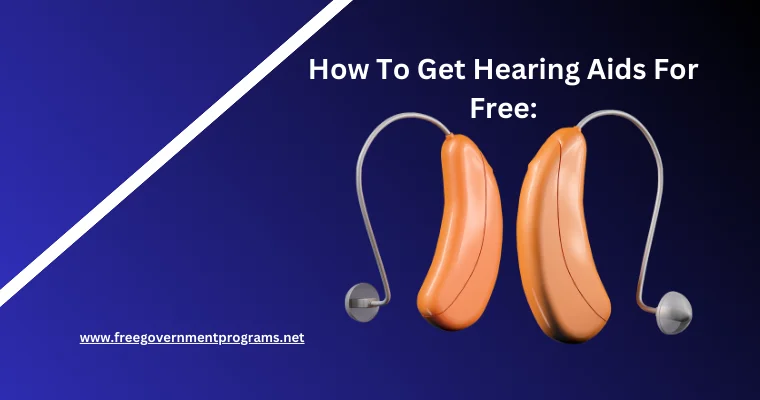
- Research local resources:
Start by researching local healthcare providers, hearing clinics, and non-profit organizations in your area. They can give information about available programs and also guide about eligibility requirements.
- Check government programs:
Explore government programs like Medicaid or the Older Americans Act that offer assistance to seniors in need of hearing aids.
- Contact charitable organizations:
Reach out to charitable organizations dedicated to hearing health, such as the Lions Clubs, the Starkey Hearing Foundation, or the Miracle-Ear Foundation. They often run programs to provide free hearing aids to those in need.
- Attend Hearing Health Events:
Look for local events or clinics that offer free hearing screenings. These events may also connect you with resources for free or low-cost hearing aids.
- Complete application processes:
Follow the application process outlined by the specific program or organization you choose to apply for. Be prepared to provide documentation of your income, medical history, and hearing loss severity.
- Free Hearing Aids Near Me
One common question that arises is, “Where can I find free hearing aids near me?” The availability of free hearing aids depends on your location and the resources that are available in your community. The most common sources of free hearing aids are government programs and charitable organizations.
To find free hearing aids near you, you can start by researching local clinics and hospitals. Additionally, non-profit organizations that specialize in hearing health are also available for assistance. They may have information on programs or initiatives that provide free hearing aids to eligible individuals.
Frequently Asked Questions (FAQs):
Are there any programs to help pay for hearing aids?
Yes, several programs and organizations offer financial assistance to help individuals pay for hearing aids. These programs include Medicaid, the Older Americans Act, vocational rehabilitation services, non-profit organizations, and manufacturer assistance programs.
Eligibility criteria and coverage may vary, so individuals should explore options in their specific area.
How can I get free hearing aids?
To get free hearing aids, explore government programs like Medicaid or the Older Americans Act, contact non-profit organizations such as Lions Clubs or the Starkey Hearing Foundation, attend local hearing health events, and consult local clinics offering assistance. Eligibility criteria typically include factors like income and hearing loss severity.
How to get free hearing aids for seniors?
Seniors can often obtain free hearing aids through government programs like Medicaid or the Older Americans Act, charitable organizations such as Lions Clubs and the Starkey Hearing Foundation, or local clinics offering assistance. Eligibility typically depends on factors like income, age, and hearing loss severity, so applicants should meet specific program criteria.
What insurance covers hearing aids for seniors?
Medicare, the federal health insurance program for seniors, generally does not cover the cost of hearing aids. However, some Medicare Advantage plans may offer limited coverage for hearing aids. Medicaid, on the other hand, may cover hearing aids for eligible low-income seniors, but coverage varies by state.
Additionally, private insurance plans and supplemental policies may offer hearing aid coverage. Seniors should check with their insurance provider for specific details.
Can I get a free hearing aid from Specsavers?
Specsavers, a retail optical and hearing care provider, may offer free hearing tests but typically charges for hearing aids. They may have promotions or special offers at times, so it’s advisable to inquire directly with your local Specsavers store for information on any current deals or discounts on hearing aids.
Does the government help with hearing aids?
Yes, the government may help with hearing aids. Programs like Medicaid, the Older Americans Act, and the Children’s Health Insurance Program (CHIP) may provide coverage for hearing aids. Additionally, the Veterans Affairs (VA) offers hearing healthcare services, including hearing aids, to eligible veterans. Eligibility and coverage vary by program and location.
Is there a grant for hearing aids?
Yes, there are grants available to help individuals with the cost of hearing aids. Government agencies, non-profit organizations, or private foundations may offer these grants. Eligibility criteria and the application process can vary, so it’s important to research and identify specific grant opportunities that align with your needs and circumstances.
Does Medicaid pay for hearing aids?
Medicaid is a joint federal and state program. It provides healthcare coverage for low-income individuals. While Medicaid coverage varies by state, many states do offer coverage for hearing aids, particularly for children. However, coverage for adults can be more limited, and eligibility criteria differ from state to state.
It’s important to check with your state’s Medicaid office to understand the specific coverage available in your area.
Conclusion
Hearing loss can be a life-changing condition, affecting not only the individual but their loved ones as well. For many seniors and low-income individuals, the cost of hearing aids can be a significant barrier. Thankfully, numerous programs, grants, and organizations offer free hearing aids and financial assistance. People who need hearing aids can find resources, understand eligibility criteria, and apply for them.
The ability to hear is an essential sense for those who wish to regain their quality of life and engage more fully in society. These programs and initiatives ensure that financial constraints do not leave anyone behind, playing a crucial role.



